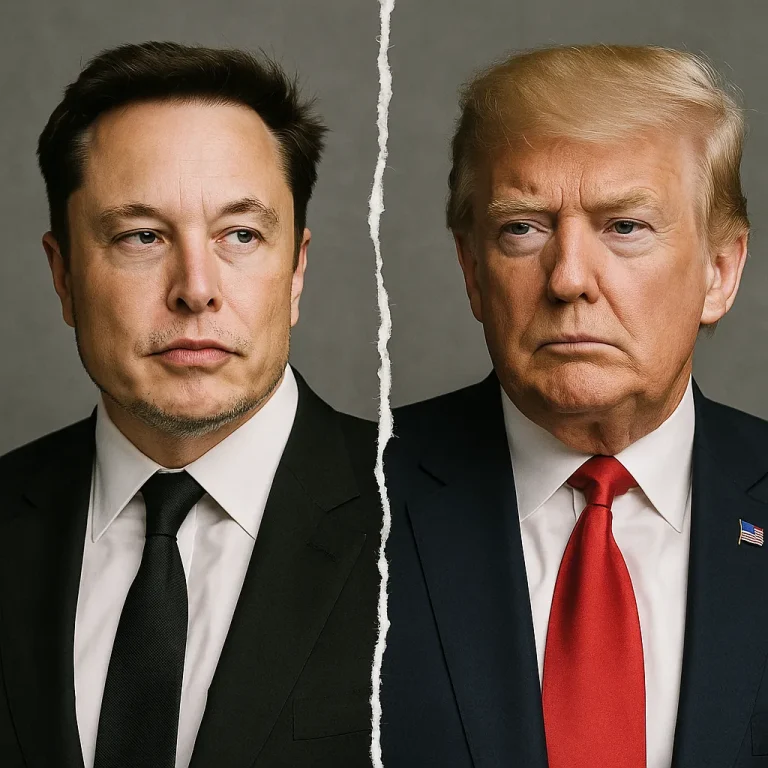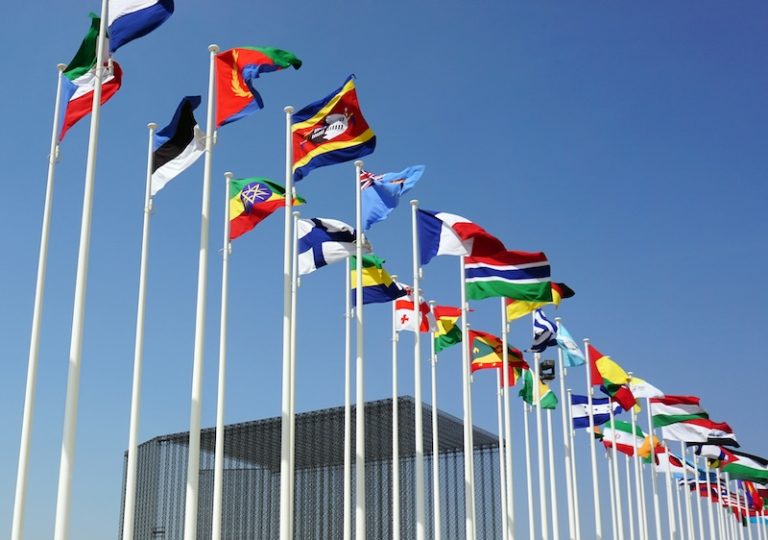
The year is 2024, and Europe stands at a fascinating crossroads. Several key trends are coalescing to shape the continent’s future. From advancements in sustainable technology to shifts in geopolitical alliances, the winds of change are undeniably present. Understanding these trends is crucial for navigating the complexities of tomorrow and building a resilient and prosperous Europe.
One significant development is the increasing focus on environmental sustainability. With growing awareness of climate change, European nations are investing heavily in renewable energy sources, promoting circular economy models, and implementing stricter environmental regulations. This transition towards a greener economy not only addresses environmental concerns, but also creates new opportunities for innovation and economic growth. The commitment to sustainability is reshaping industries and consumer behaviour alike.
Another crucial trend is the ongoing digital transformation. As technology continues to advance, European businesses and societies are adapting to new realities. Artificial intelligence, automation, and big data are transforming industries, creating new jobs, and altering traditional work patterns. Embracing digital technologies is essential for maintaining competitiveness and driving economic progress in the years to come. Investment in digital infrastructure and skills is more critical than ever.
Finally, the shifting geopolitical landscape is also influencing Europe’s future. The rise of new global powers, evolving security threats, and ongoing debates about European integration are all contributing to a complex and dynamic environment. Maintaining unity, fostering cooperation, and adapting to new geopolitical realities will be essential for ensuring Europe’s continued stability and influence on the world stage. Strategic partnerships and a strong commitment to multilateralism are vital for navigating these challenges.



